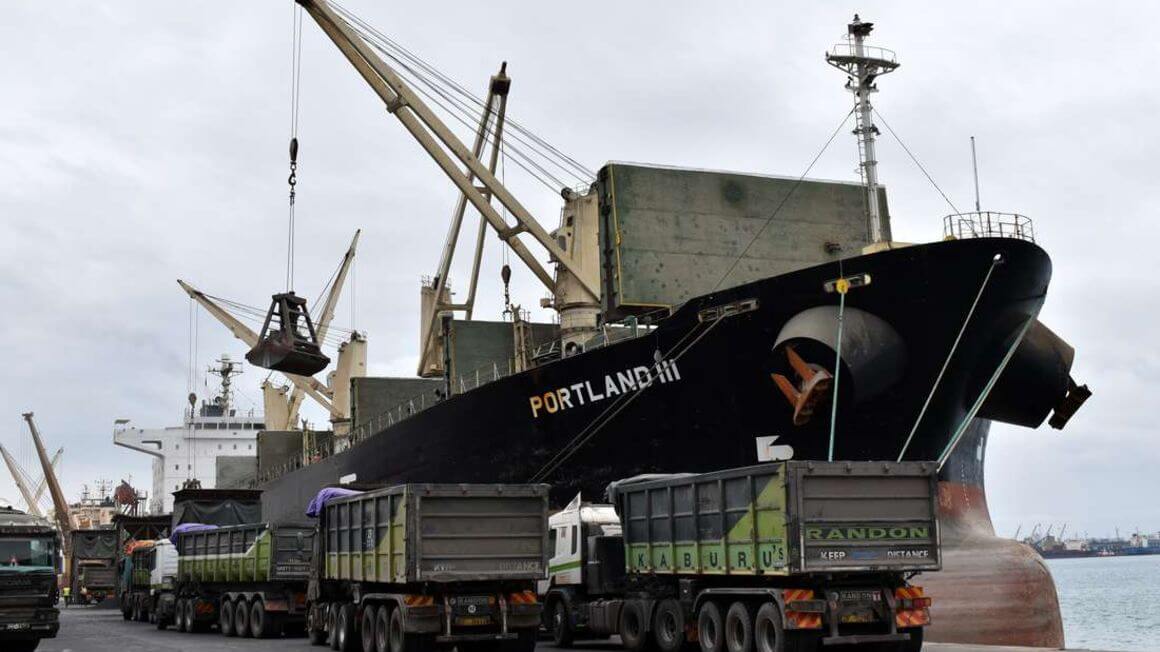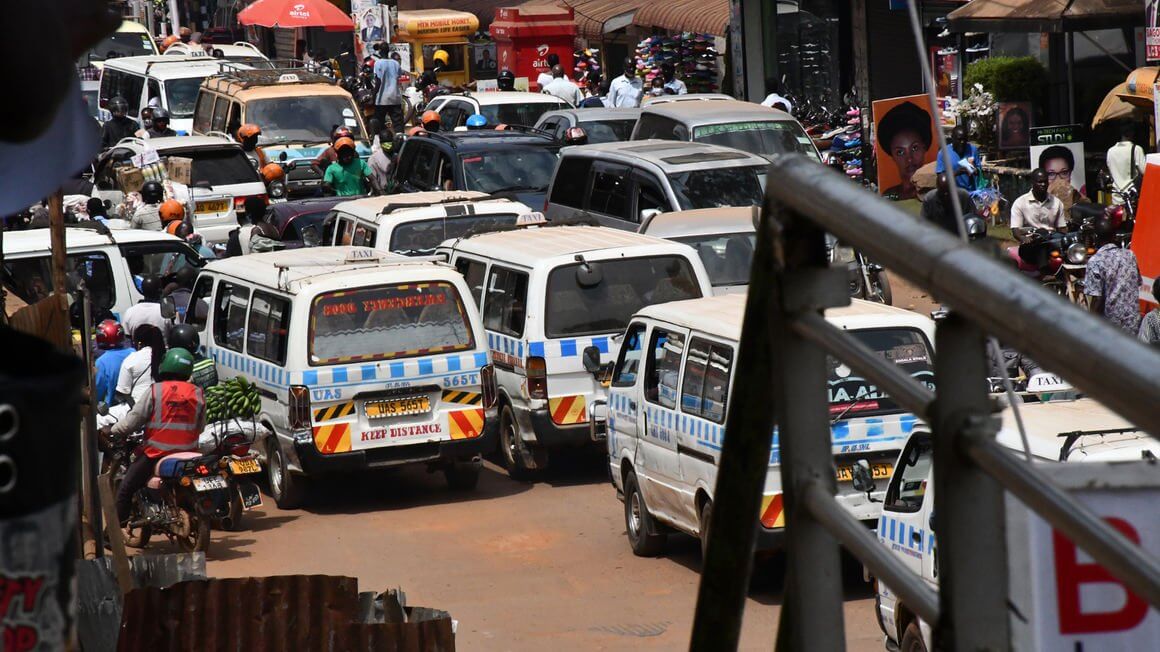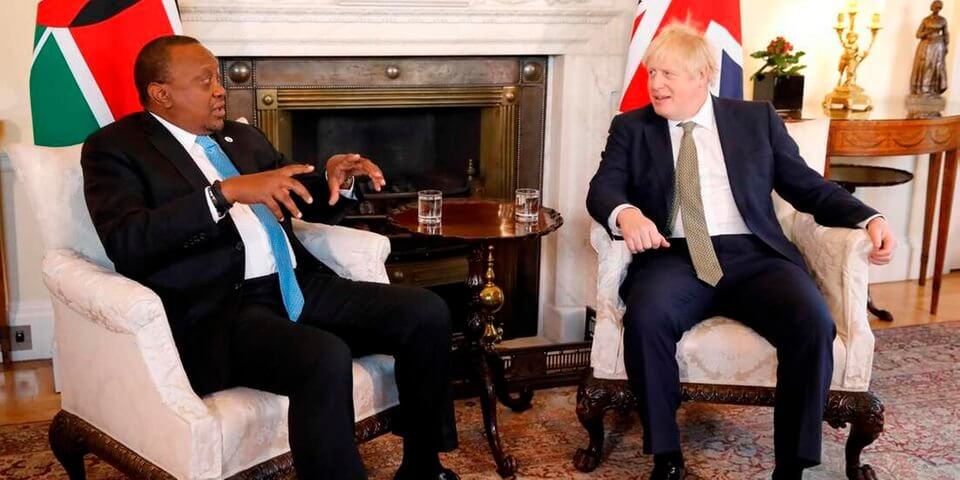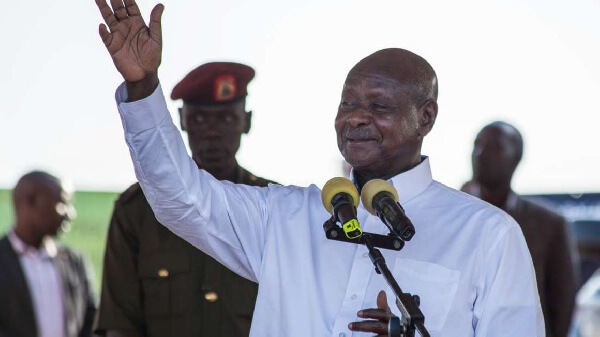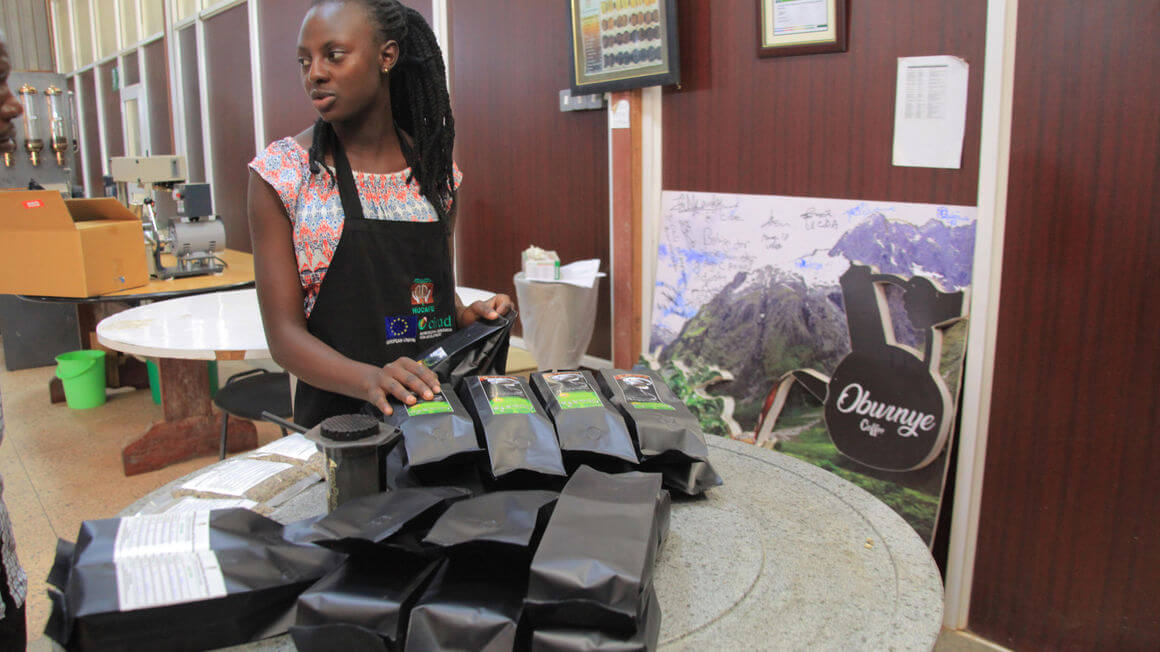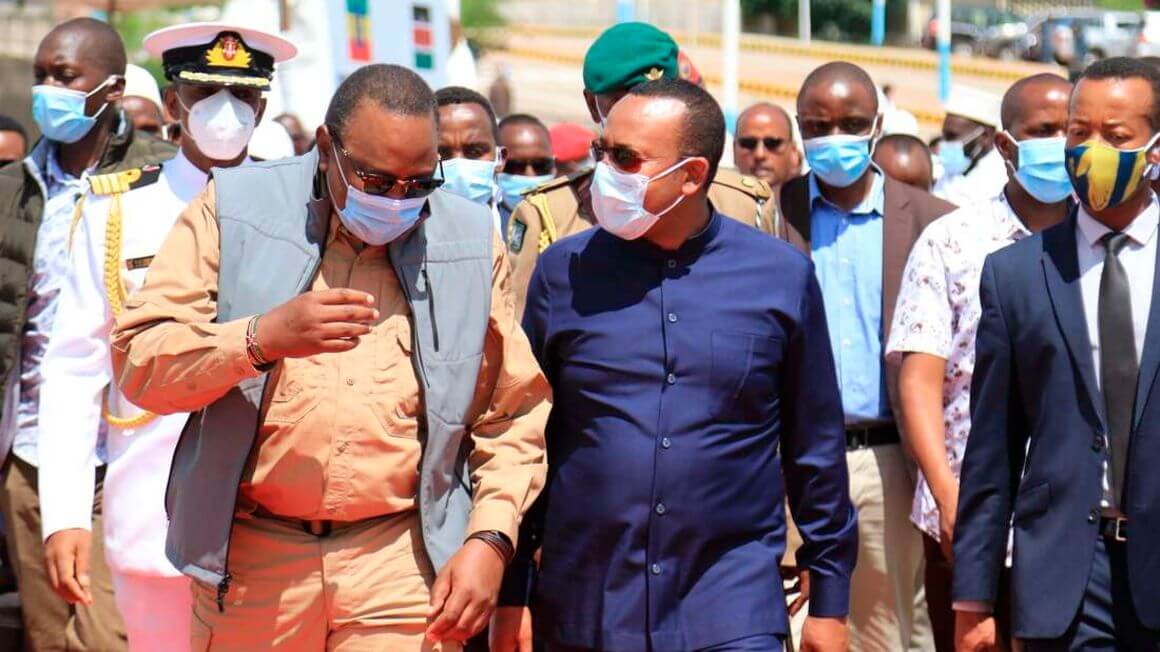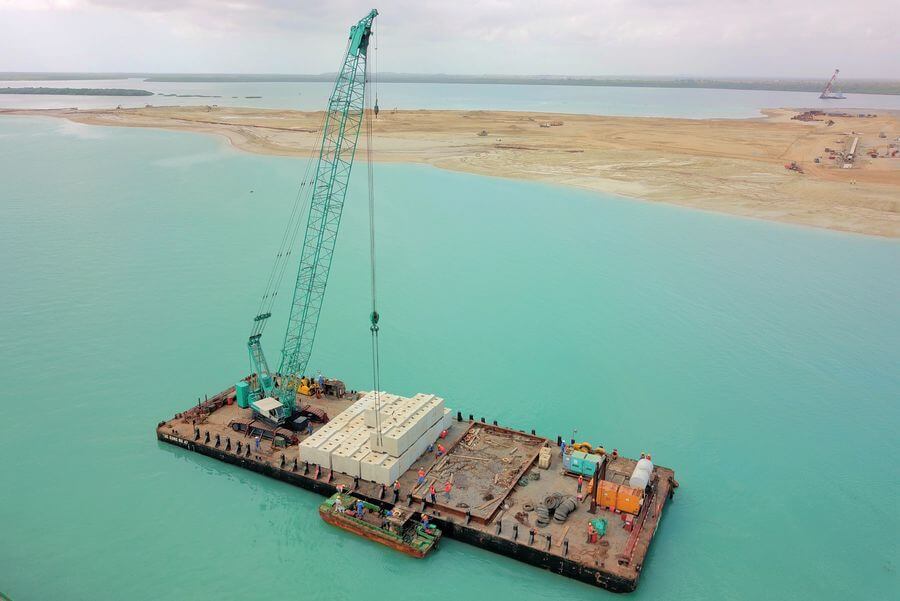Kenya Ports Authority (KPA) registered improved performance in the first quarter of 2021 as is intensified use technology to clear cargo. The authority attributed the upturn to use of Integrated Customs Management System (iCMS) for Cargo Clearance and seamless exchange of clearance data. In the first three months of this year, a report indicates the Port witnessed increased volumes in container traffic registering 389,515 twenty foot equivalent units (Teus) against 340,812 Teus recorded in a similar period in 2020. Trans-shipment traffic recorded 69,658 Teus against 41,363 Teus during the corresponding period in 2020. The container traffic translates to an increase of 48,703 Teus or 14.3 per cent while trans-shipment traffic registered a growth of 28,295 Teus representing 68.4 per cent increment. Total imports during the quarter recorded 162,504 Teus up from 151,998 Teus in the same period last year registering a growth of 6.9 percent. Equally, exports registered an upsurge by 6.8 per cent from 146,049 Teus in 2020 to 156,007 Teus during the similar period in 2021. March particularly boosted the port’s performance, registering a marked growth in both conventional and containerised cargo. A total of 3.48 million tonnes were recorded in the month against 2.71 million tonnes in the corresponding month in 2020, which represents a performance of 768,453 tonnes or 28.4 per cent. The performance was mainly attributed to increase in handling of wheat and clinker cargo. For container traffic, the port recorded an increase of 31,261 Teus or 30.4 per cent to register 133,904 Teus in...
Mombasa port performance improves in first quarter
Posted on: April 14, 2021
Posted on: April 14, 2021

